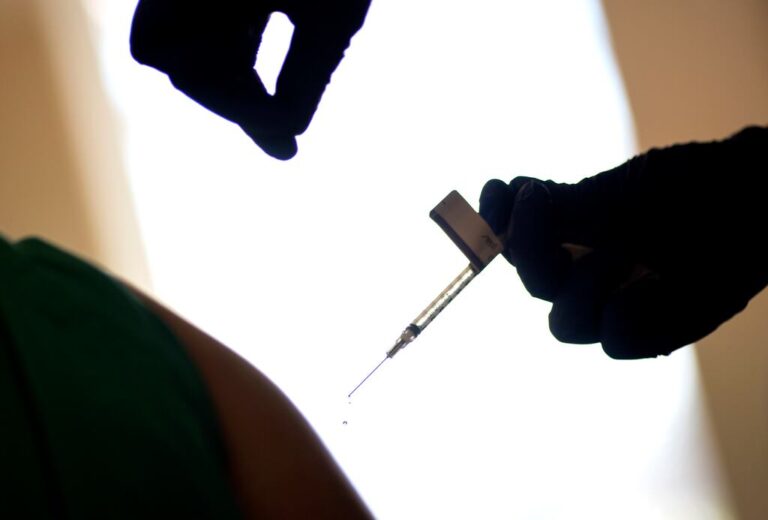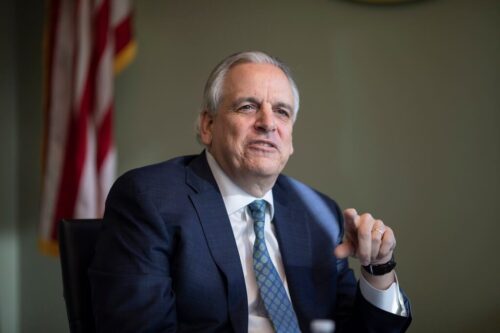Primary care is the front door to our health care system — and in Rhode Island, that door is slamming shut.
The headlines say it all: staff are being laid off, clinics are closing, and doctors are burning out. Anchor Medical — one of the largest independent practices in the state — is shutting down, displacing 25,000 patients. Thundermist laid off 124 employees. Providence Community Health Centers cut more than 100. These are not isolated incidents, they’re symptoms of a system in collapse.
If this were happening in our hospitals, we’d be calling it a public health emergency. Instead, it feels like we’re being told to quietly put primary care on hospice — to let it die slowly, while we nod sympathetically and do nothing.
Primary care providers are being asked to do more than ever before: manage complex chronic conditions, integrate behavioral health services, address social needs, and navigate fragmented systems. But they’re doing it with fewer staff, declining reimbursement, and an unsustainable administrative load — particularly prior authorization and denials that delay or block needed care.
There are efforts underway. The Office of the Health Insurance Commissioner has taken meaningful steps to highlight the value of primary care. Governor Dan McKee and the Executive Office of Health and Human Services have included targeted investments in the state budget. Attorney General Peter Neronha has proposed additional actions to confront the growing crisis. But even with these steps, the response still falls short of what the moment demands. Resources are not only insufficient, they are falling further behind the cost of delivering care. Without urgent action, more practices will close, more physicians will leave, and more patients will be left without a medical home.
We can’t fix this overnight, but we can take meaningful steps now. Increasing Medicaid rates, removing prior authorization barriers, and creating a safe harbor for physicians seeking mental health support won’t solve everything, but they will keep more doors from closing while we work toward a better system.
House Speaker K. Joseph Shekarchi and Senate President Valarie Lawson have both said that fixing health care is a top priority. Now we need to see that commitment reflected in action. Legislative and budget decisions made in the coming weeks will determine whether we’re managing decline, or rebuilding the foundation we know we can’t do without.
This isn’t just about physicians. It’s about every Rhode Islander who has been told to wait six months for an appointment. It’s about children overdue for physicals and older adults unable to refill a prescription. The erosion of primary care affects all of us — regardless of income, ZIP code, or insurance status.
Rhode Island has the tools and talent to lead the nation in building a stronger, more equitable primary care system — one that respects clinicians, pays for what matters, and removes the bureaucratic roadblocks between patients and care. But we have to choose to act — and that time is now.
The real fix will take time, funding, and the political will to follow through. But the longer we wait, the harder it will be to rebuild. If we don’t act, we won’t just lose practices — we’ll lose the foundation of health care in Rhode Island.
Dr. Peter Hollmann is a board member of the Rhode Island Medical Society.



Comment count: